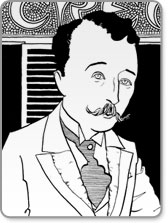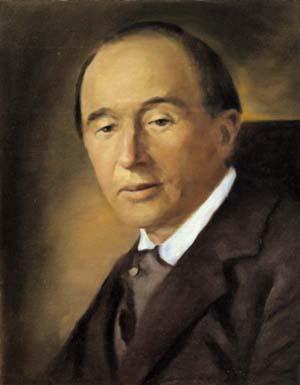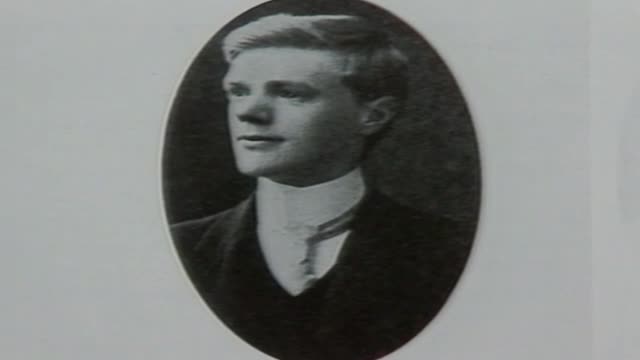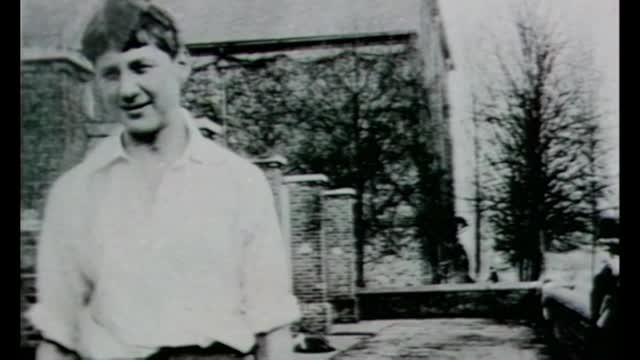

Born in 1862 in Bradford of German parentage, Frederick Delius was sent by his father to Florida to be an orange grower. There he developed further his earlier musical interests and eventually persuaded his father to support him during a period of musical study at the Leipzig Conservatory, where he met Grieg. With continued paternal support he moved thereafter to Paris and in 1897 settled at Grez-sur-Loing with the painter Jelka Rosen, who later became his wife. His final years brought blindness and paralysis, the result of an early syphilitic infection, and his later music was dictated to the young English musician Eric Fenby, who became his amanuensis. Delius had a strong champion in the conductor Sir Thomas Beecham, who did much to bring his music bef...
| Title | |
| LAWRENCE, D.H.: Famous Authors - The Life and Work of D.H. Lawrence (music by F. Delius and P. Grainger) (Documentary, 2004) | |

|
LAWRENCE, D.H.: Famous Authors - The Life and Work of D.H. Lawrence (music by F. Delius and P. Grainger) (Documentary, 2004)
Composers:
Delius, Frederick -- Grainger, Percy
Artist:
Hossick, Malcolm
Label/Producer: TMW Media Group |
| ORWELL, G.: Famous Authors - The Life and Work of George Orwell (music by Delius, Finzi, Debussy and Satie) (Documentary, 2018) | |

|
ORWELL, G.: Famous Authors - The Life and Work of George Orwell (music by Delius, Finzi, Debussy and Satie) (Documentary, 2018)
Composers:
Debussy, Claude -- Delius, Frederick -- Finzi, Gerald -- Satie, Erik
Artists:
Elysium Ensemble -- Hossick, Malcolm
Label/Producer: TMW Media Group |
